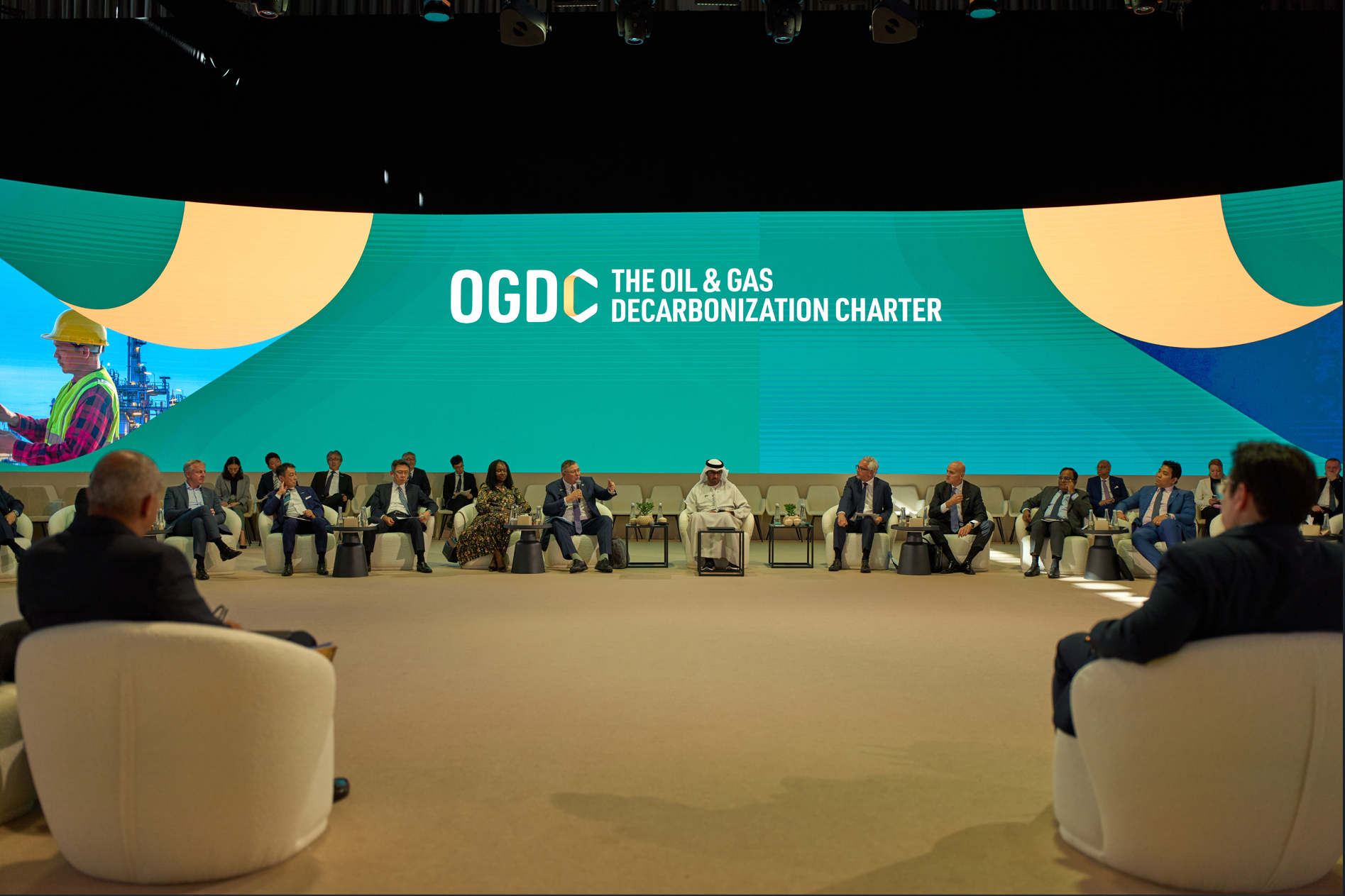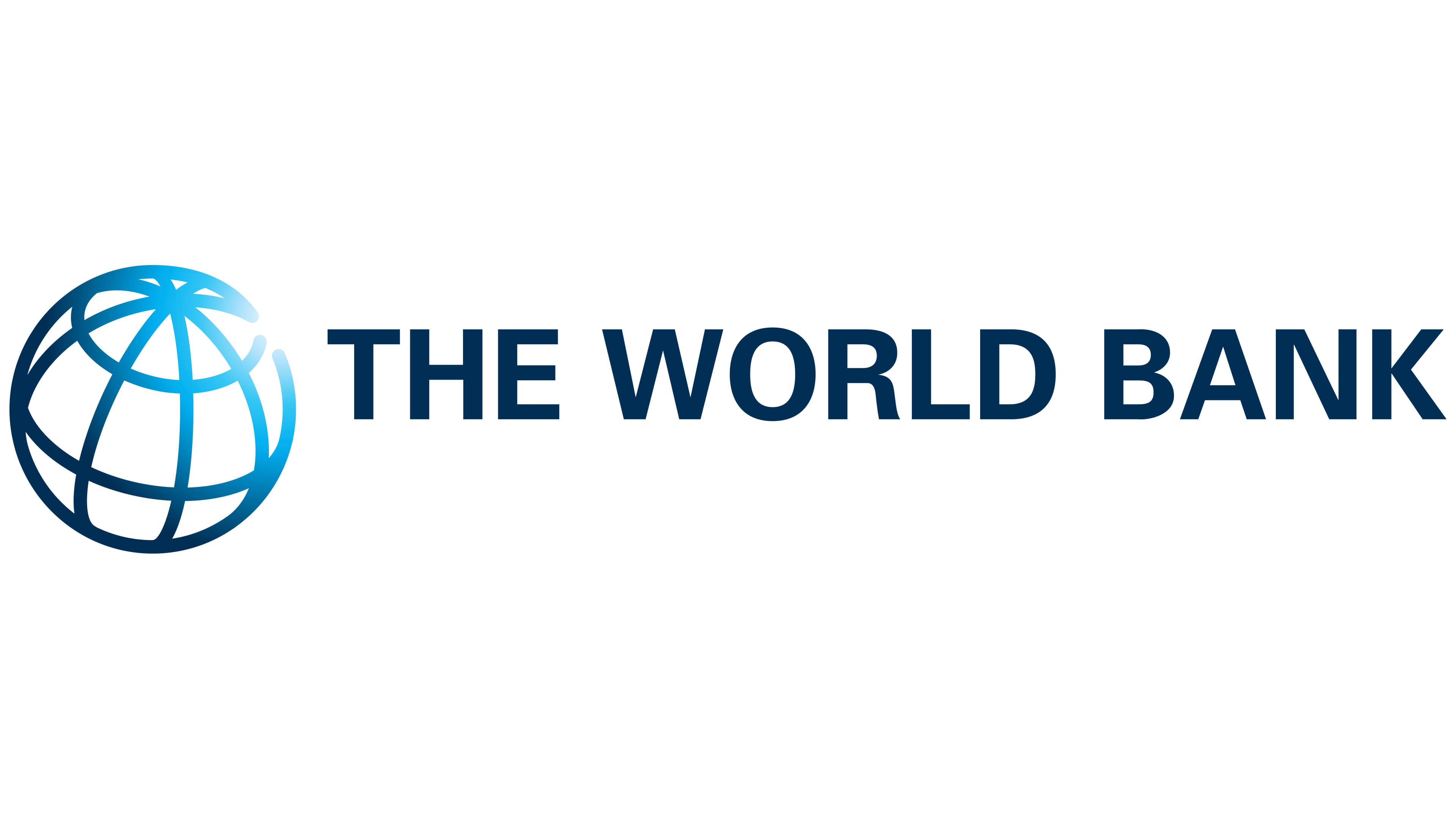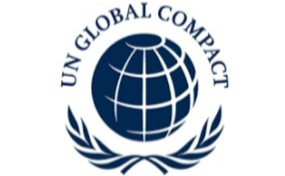Oil India Limited (OIL), as part of its global ESG (Environmental, Social, and Governance) commitments, has been actively engaging in collaborations with international organizations to promote sustainable practices in the energy sector. These partnerships focus on reducing environmental impact, enhancing social welfare, and improving governance structures. Through collaborations with global entities, OIL is adopting advanced technologies to minimize carbon emissions, optimize resource management, and drive innovation in renewable energy solutions. Additionally, the company is working alongside international organizations to ensure that its operations align with international sustainability standards and contribute to the achievement of global climate goals. By fostering these partnerships, OIL aims to strengthen its commitment to responsible energy production and create value for communities while promoting a cleaner, more sustainable future.

OGDC
OIL has taken a significant step towards sustainability by becoming the second Indian oil and gas company to join the Oil and Gas Decarbonization Charter (OGDC). This initiative, launched at COP28 in 2023, is a global commitment by leading oil and gas companies to accelerate decarbonization efforts, enhance operational efficiencies, and transition toward a low-carbon energy future.By signing the OGDC, OIL reaffirms its dedication to Net Zero emissions by 2040, aligning with global best practices in carbon reduction, methane emissions control, and sustainable energy development. This milestone strengthens OIL’s leadership in environmental stewardship and demonstrates its commitment to collaborating with industry peers to drive impactful change in the energy sector.

Total Energies AUSEA
OIL and TotalEnergies have partnered to detect and measure methane emissions at OIL’s sites in India through a Cooperation Agreement. The initiative will leverage TotalEnergies' advanced AUSEA technology, using drone- and helicopter-mounted sensors for a comprehensive emissions assessment across oil and gas facilities. This collaboration highlights OIL’s proactive commitment to emissions reduction and aligns with its broader sustainability and environmental stewardship goals.

World Banks's Zero Routine Flaring Initiative
OIL is a committed member of the World Bank’s Zero Routine Flaring by 2030 (ZRF) Initiative, reinforcing its dedication to sustainable energy practices. As part of this global effort, OIL actively works to eliminate routine gas flaring, reducing greenhouse gas emissions and enhancing energy efficiency across its operations. By leveraging advanced technologies and best practices, OIL ensures that associated gas is efficiently utilized or reinjected, aligning with its broader decarbonization and environmental stewardship goals. This membership further underscores OIL’s proactive role in driving responsible resource management and climate action in India’s energy sector.

India Business & Biodiversity Initiative (IBBI)
Oil India Limited (OIL) has joined the India Business & Biodiversity Initiative (IBBI), a national platform that brings together businesses committed to integrating biodiversity conservation into their operations. Launched by the Ministry of Environment, Forest and Climate Change (MoEFCC) and hosted by the Confederation of Indian Industry (CII), IBBI aims to align corporate practices with the Kunming-Montreal Global Biodiversity Framework . As a member, OIL pledges to assess and manage biodiversity-related risks, set measurable conservation targets, and adopt ecosystem-based approaches across its value chain. This step reinforces OIL’s broader sustainability agenda, which includes transitioning to a low-carbon economy and embracing renewable energy initiatives.

United Nations Global Compact (UNGC)
OIL has become a member of the United Nations Global Compact (UNGC), the world’s largest corporate sustainability initiative. As a signatory, OIL reaffirms its commitment to aligning its operations and strategies with the Ten Principles of the UNGC in the areas of human rights, labour, environment, and anti-corruption, and to supporting the broader UN Sustainable Development Goals (SDGs). This collaboration reflects our dedication to responsible business practices and sustainable growth.









